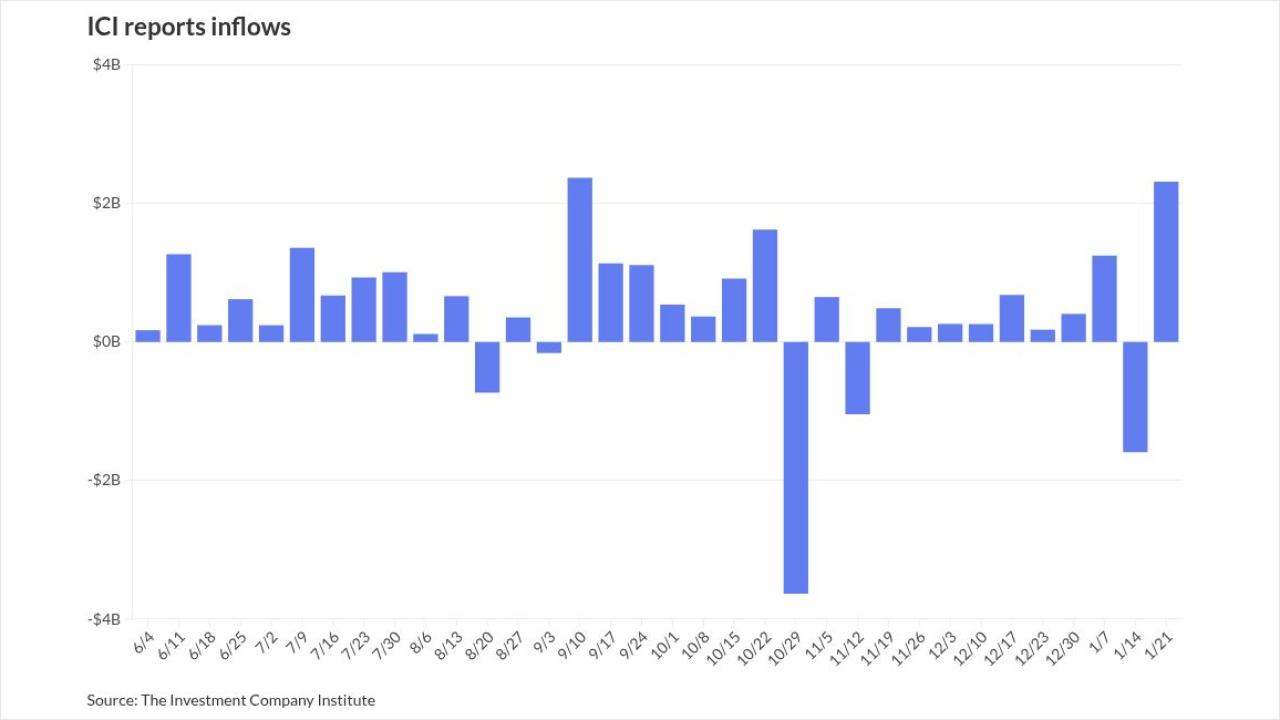DALLAS — Texas sales tax revenue of $2.796 billion in February nearly matched January’s $2.8 billion and was 7% higher than the same month in 2018, state Comptroller Glenn Hegar said.
The collections tabulated in February represented the 18th consecutive record for the given month. The record for any month, $2.998 billion, was set last November.

The state’s employment and population growth continue as the price of oil, the state’s most important commodity, holds steady or rises slightly.
“Growth in sales tax revenue was led by remittances from the construction, manufacturing and services sectors,” Hegar said. “Receipts from information services and restaurants also grew significantly. Receipts from oil- and gas-mining firms remained about the same as a year ago.”
Natural gas production taxes rose 22.2% to $163.8 million, but oil production taxes fell 12.6% to $268.5 million. After 24 consecutive months of year-over-year increases, this is the second straight month of year-over-year declining oil production tax revenue, Hegar noted.
Total sales tax revenue for the three months ending in Feb. 28 was up 5.9% compared to the same period a year ago. In a state that has no income tax, sales tax is the largest source of state funding for the state budget, accounting for 57% of all tax collections.
Vehicle sales and rental taxes for the month were down 0.4% to $420.3 million year over year while motor fuel taxes of $299.3 million were up 0.9%.
Dallas-based Comerica Bank reported Feb. 27 that its Texas Economic Activity Index fell slightly in December, down 0.1%. That ended a three-month winning streak for the Texas Index, the bank said.
“The partial federal government shutdown over December and January is still impacting the economic data stream, so we may see larger-than-normal historical revisions in the next few months as data quality improves,” the bank noted.
Crude oil prices have firmed up significantly since they fell to about $43 in late December, economists said.
“With WTI (West Texas Intermediate crude) currently near $55 per barrel, we expect energy-related infrastructure development to continue to be a positive for the Texas economy through the first half of 2019,” Comerica said. “The large number of drilled but uncompleted wells in Texas represents excess capacity for Texas oil production. Because of the excess capacity, the overall rig count may remain flat to down in the near-term even with firmer oil prices.”





